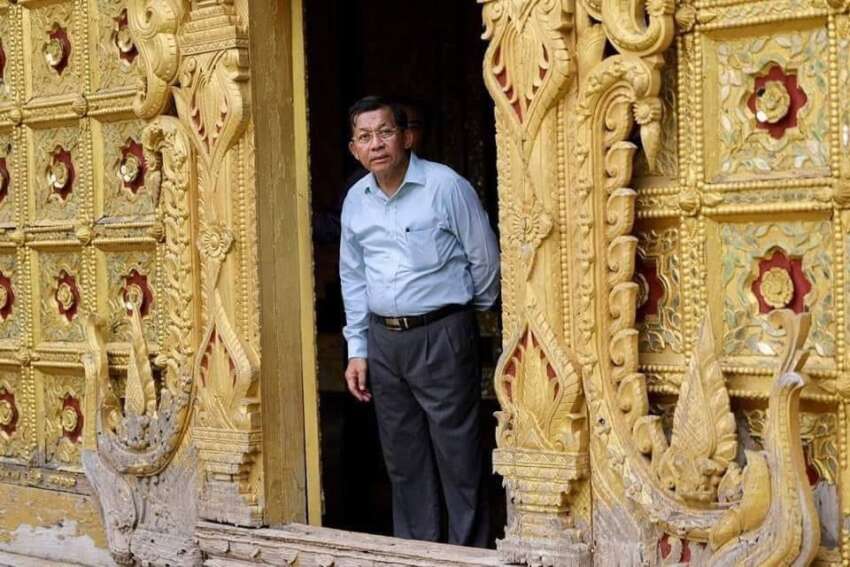
According to military sources in Naypyidaw, the military council has issued directives prohibiting parliamentary candidates and political parties participating in their planned election from criticizing the military coup, conscription law, and ongoing conflicts during their election campaigns. While the military council claims it seized power under the 2008 Constitution due to electoral fraud and promises to return the country to democracy through elections, it has made clear that it will not tolerate any criticism regarding the current political situation, military service law, or conflicts that could negatively influence public perception of the military.
The Election Commission will notify relevant parliamentary candidates and political parties about these regulations, which must be strictly followed. The rules specifically prohibit campaigning that criticizes the military, the conscription law, or negatively portrays the military’s role in ongoing conflicts and battles. Additionally, candidates are forbidden from criticizing the military while campaigning through military-owned media outlets including television, radio, and newspapers. The Election Commission and military will closely monitor both ground campaigns and media-based campaign activities. The military council has warned that it will not accept any actions deemed disrespectful to the military from those participating in the military-organized election.
While coup leader Min Aung Hlaing has announced plans to hold the election in phases starting December and continuing into January 2026, political analysts note that the feasibility of conducting elections remains uncertain due to ongoing civil war and conflicts throughout the country. The military council’s strict regulations on campaign speech and criticism highlight their continued efforts to control political discourse and maintain power, even as they claim to be working toward democratic transition. The extensive restrictions on candidates’ ability to discuss key issues facing the country, including the military’s role in current affairs, raise serious questions about the credibility and legitimacy of any election held under such conditions.



